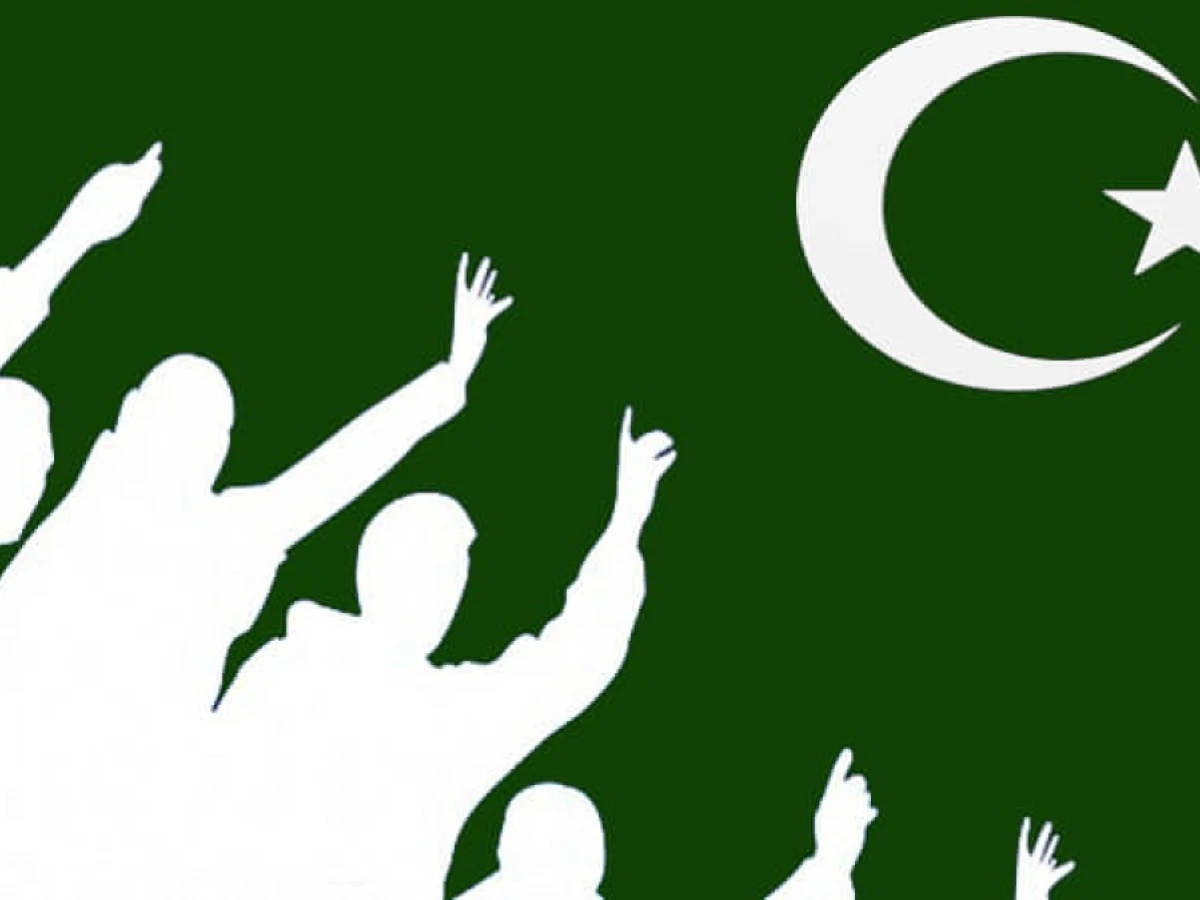
Islam and Democracy: Oil and Water?
Fortunately, most of the Maldivian public is very vocal in making their elected officials responsible, especially the youth of the nation.
By
Azuhaar Abdul Azeez
The relationship between Islam and democracy has been a topic of debate for many years. While some argue that Islam and democracy are incompatible, others believe that Islamic principles can be compatible with democratic governance. A lot of Maldivians are of the opinion that democracy and Islam contradict each other, and so the governance system will fail in Maldives. The question of whether it is possible to run a democratic government in a 100% Islamic country is complex and multifaceted, and depends on a variety of factors.
At the heart of the issue is the question of what it means for a country to be 100% Islamic. Some argue that an Islamic country is one in which Islamic law, or sharia, is the primary source of legislation and governance. Others argue that an Islamic country is one in which the majority of citizens are Muslim and the country's culture and traditions are shaped by Islamic principles. Maldives fits both the criterions, and we are today a Democratic Republic, an infant in democracy still.
However, if we take just the first definition into context, then it is difficult to argue that a country can be 100% Islamic and also democratic. Islamic law, as interpreted by some scholars, is not compatible with some of the fundamental principles of democracy, such as the separation of powers, the protection of individual rights and freedoms, and the rule of law. For example, some interpretations of sharia call for the establishment of an Islamic state governed by religious authorities, rather than elected representatives. Additionally, some interpretations of sharia limit the rights of women, religious minorities, and others who do not conform to strict religious norms.
Important to note that there are many different interpretations of Islam and sharia, and not all of them are incompatible with democracy. Some scholars argue that the principles of shura (consultation) and ijma (consensus-building) are essential components of Islamic governance, and that these principles can be adapted to democratic systems. Additionally, many other Muslim-majority countries have successfully established democratic governments, such as Indonesia, Turkey, and Malaysia, despite having Islamic majority, traditions and values.
In order for a democratic government to function in a 100% Islamic country, there are several key factors that must be in place. First, there must be a strong commitment to the principles of democracy, including the separation of powers, the protection of individual rights and freedoms, and the rule of law. This requires a willingness to challenge traditional interpretations of Islamic law that may conflict with these principles.
Second, there must be a culture of political participation and engagement among citizens. This means that citizens must be educated about the issues, active in the political process, and willing to hold their elected officials accountable. Fortunately, most of the Maldivian public is very vocal in making their elected officials responsible, especially the youth of the nation. Additionally, democratic societies must ensure that all citizens have equal protection under the law, regardless of race, gender or any other characteristic.
Third, there must be a strong and independent civil society. Civil society organizations, such as non-governmental organizations, labor unions, and religious groups, play a critical role in holding the government accountable, advocating for the interests of their members, and promoting civic education and engagement. We see the environmental activists in Maldives play a very powerful role, have impactful say in their field. Likewise, we need organisations, apart from the ACC or competitors to inquire, interpret and investigate political personas and parties. The people should govern their government.
Finally, there must be a commitment to compromise and consensus-building. Democracies are often diverse and divided, with different groups holding different interests and priorities. In order to govern effectively, elected officials must be able to build coalitions and work across party lines to find common ground.
This upcoming September Presidential Elections will give the public a clear demonstration of how political figures are able to work across their constituencies, for the betterment of the people, and without their personal vendettas. The nation is watching.
It is possible to run a democratic government in a 100% Islamic country, but it is not an easy task, especially with rising radicalism as part of a global impact among many Muslim communities. It requires a willingness to challenge traditional interpretations of Islamic law, a culture of political participation and engagement, a strong and independent civil society, and a commitment to compromise and consensus-building.
While the debate over the relationship between Islam and democracy will likely continue for many years to come, it is clear that both Islam and democracy have much to offer, and that with just the right amount of transparency and moderation, they can be compatible and complementary systems of governance, not at all like the proverbial oil and water that wont mix. Besides, with high temperature or pressure, oil and water mixes too, which then becomes cream.




